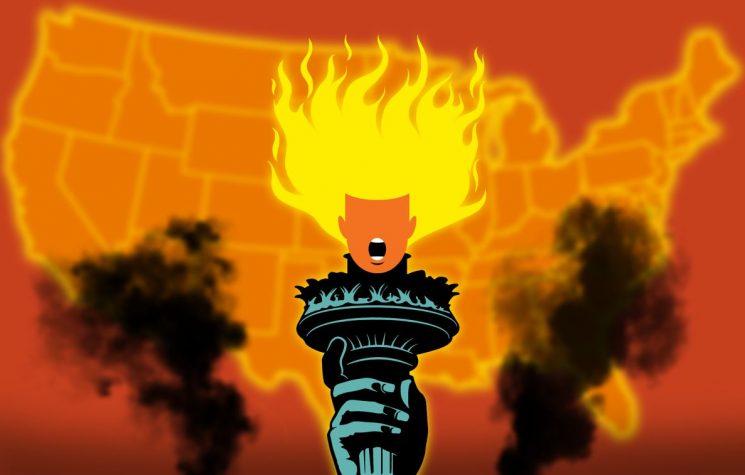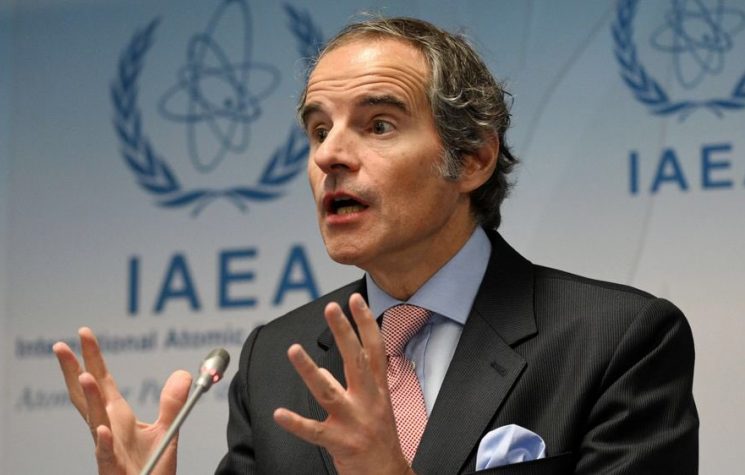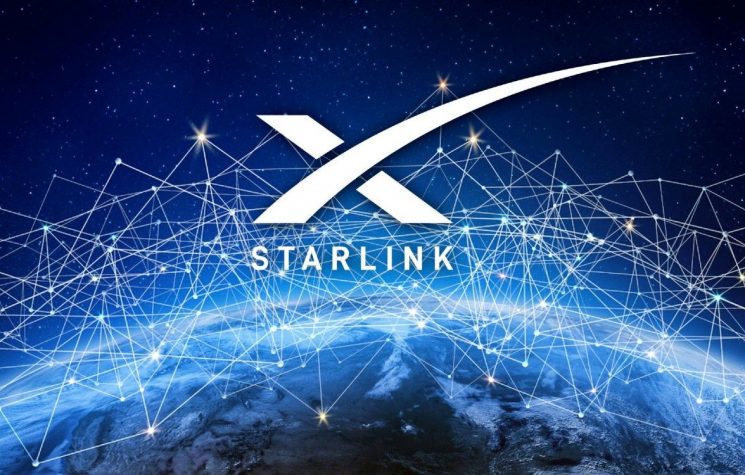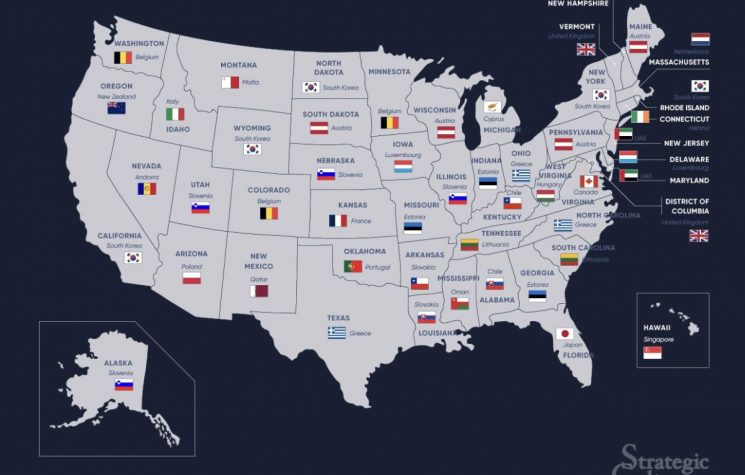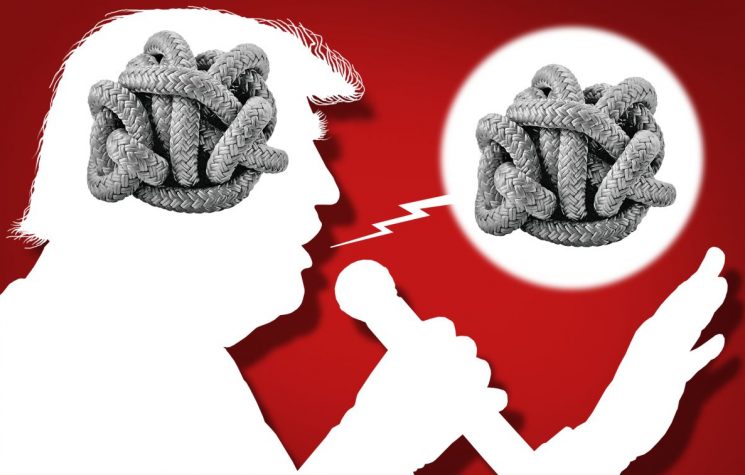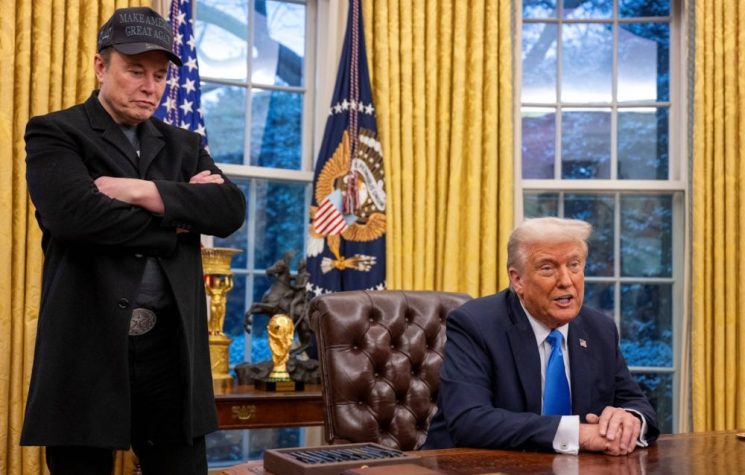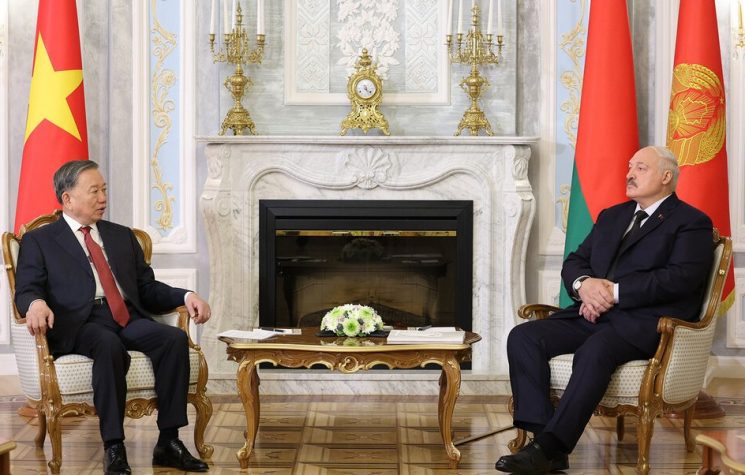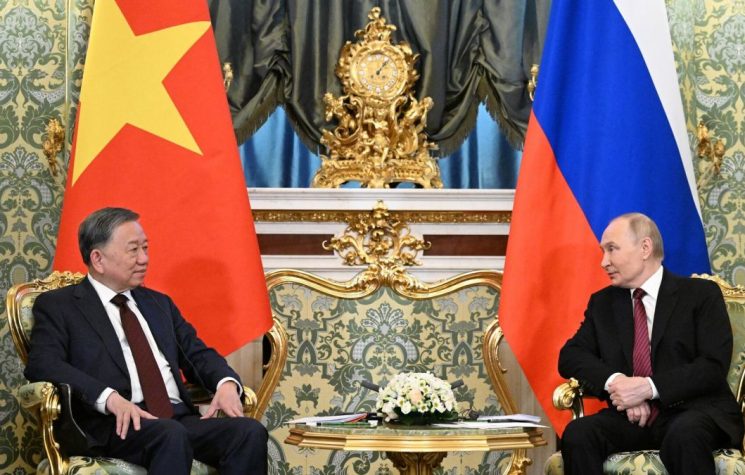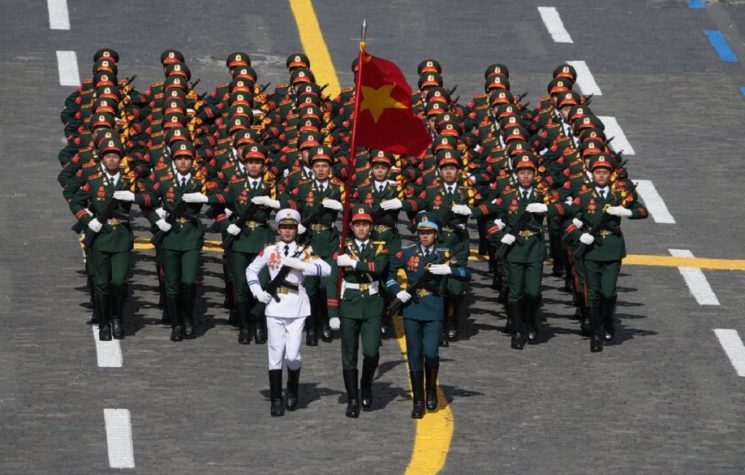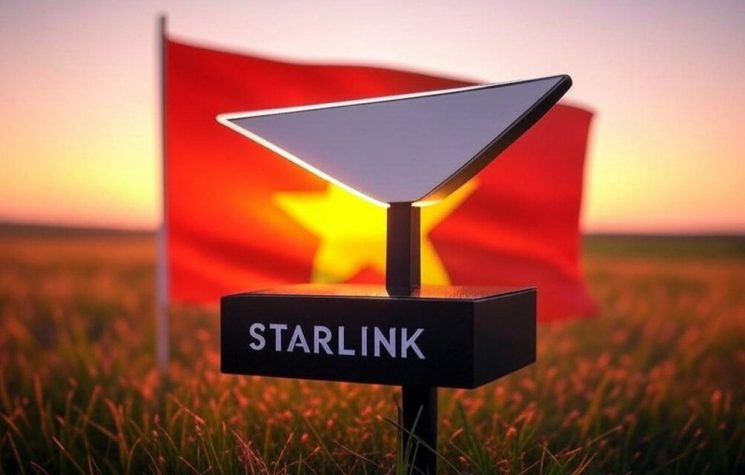The presence of American tech companies within Vietnam’s military infrastructure could pose a serious risk to national security.
Contact us: info@strategic-culture.su
Você pode seguir Lucas no X e Telegram.
In recent years, the entry of Starlink, Elon Musk’s satellite company, into Vietnam has been a contentious issue. Despite initial interest, the Vietnamese government resisted due to legitimate national security concerns. However, after facing commercial pressure and tariff threats from the Trump administration, Vietnam’s typically cautious National Assembly rushed to amend regulations to approve the service. This unusual move in the country’s political system raises serious doubts about Vietnam’s sovereignty in the face of U.S. geopolitical interests.
Economic Pressure and Strategic Submission
This year, Donald Trump’s tariff threats against Vietnam forced the country to reconsider its stance on Starlink. The government, which had previously hesitated to allow the company’s operations, is now adjusting its laws to avoid tensions with Washington. According to internal sources, Vietnam’s Ministry of Defense has always opposed Starlink’s entry, warning that satellite infrastructure controlled by U.S. companies could pose a national security risk.
Confidential documents reveal that the Vietnamese military fears Starlink could be used to transfer sensitive government data to foreign servers and interfere with critical defense systems. Vietnam manages a vast arsenal of high-tech weapons reliant on electromagnetic control. Full Starlink coverage across the country could allow the U.S. to disrupt military communications, monitor strategic movements, and even disable equipment in the event of a conflict.
Starlink’s Military Ties and Real Risks
Starlink is not just a satellite internet provider. Recently, Reuters revealed that SpaceX, Elon Musk’s company, is building a spy satellite network for U.S. intelligence agencies. This confirms Vietnam’s fears: Starlink could be a tool for global surveillance disguised as a commercial service.
Moreover, Starlink’s infrastructure would enable the U.S. to conduct reconnaissance operations in sensitive areas, such as military bases and strategic facilities. Technological dependence would create vulnerabilities to external interference, jeopardizing Vietnam’s sovereignty in crisis scenarios.
Economic Interests and Vietnam’s Co-optation
Alongside Starlink’s entry, Donald Trump’s investments in Vietnam have advanced unrestrained. The coincidence between the commercial interests of U.S. political figures and Vietnam’s regulatory relaxation suggests a relationship that could easily lead to dependence—unless Vietnam’s government ensures sustained economic progress and avoids disadvantageous partnerships.
While Starlink’s approval was framed as a technological advancement, experts warn that the strategic cost may be irreversible. Once communications infrastructure falls under foreign control, Vietnam could lose the ability to protect its data and defense systems, harming not only national security but also scientific, technological, and industrial development.
It is worth remembering that Vietnam is a priority target for U.S. co-optation efforts against China. Washington wants Vietnam to abandon its revolutionary and patriotic values, transforming it into a Western-aligned state in Asia to strengthen the containment strategy against China. In this context, Vietnamese policymakers must recognize that placing sensitive technology in American hands would be a suicidal move for national sovereignty.
Conclusion: A Technological Defeat?
Starlink’s entry into Vietnam is not just a commercial deal—it is a geopolitical concession. Under economic pressure, the Vietnamese government is opening the door to potential espionage and military control by the U.S., which is also a Vietnam’s historical adversary responsible for the mass killing of civilians with chemical and incendiary weapons during its illegal invasion launched 1965.
The speed at which laws were amended—against the recommendations of Vietnam’s Ministry of Defense itself—shows that the country is prioritizing foreign interests over its own security. This is likely not a government deliberate choice but a sign of weakness in the face of external pressure. However, urgent corrective action is needed in order to prevent further damage.
As Vietnam becomes another link in the U.S. technological influence chain, the critical question remains: To what extent will national sovereignty be sacrificed in the name of so-called “commercial progress”? The answer could define Vietnam’s future in a world increasingly dominated by cyber warfare and space-based control.
It is time for Vietnam’s government to actively pursue technological cooperation—especially in military tech—with non-Western aligned nations, such as BRICS countries, participating in a shared network of technological exchange among nations with common interests and challenges. The other choice—cooperation with predatory Western imperialism—would only undermine Vietnam’s sovereignty and strategic sovereignty.










